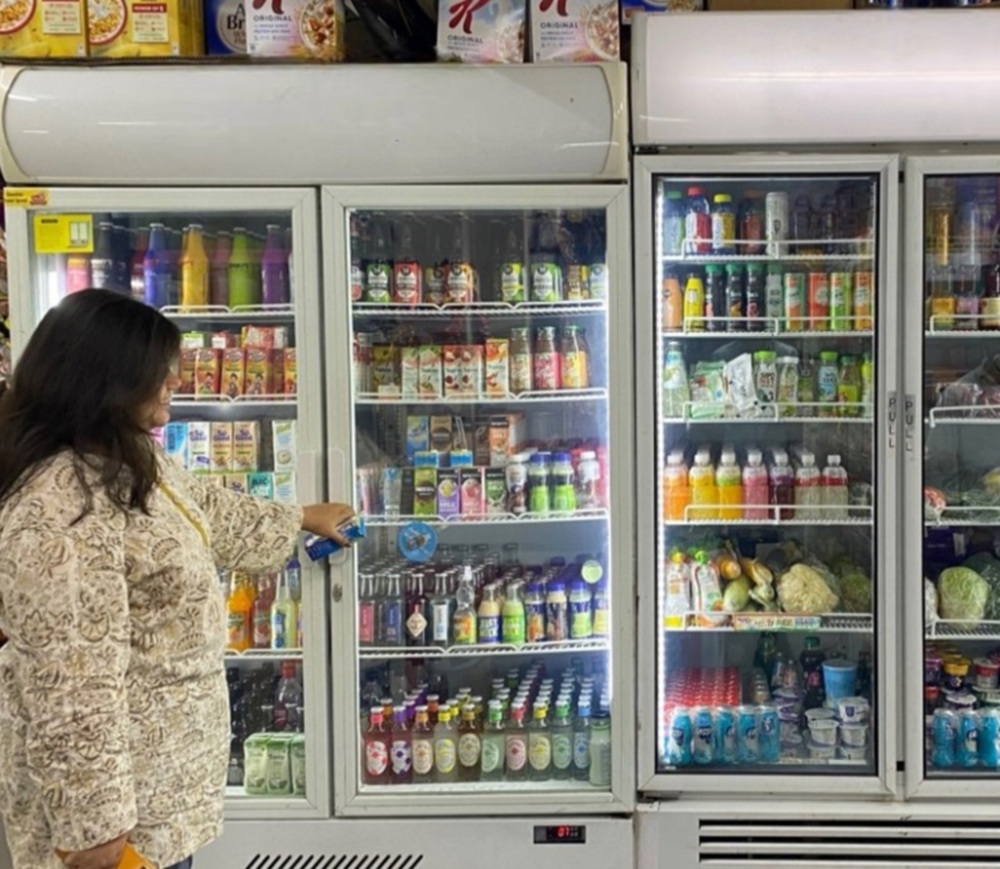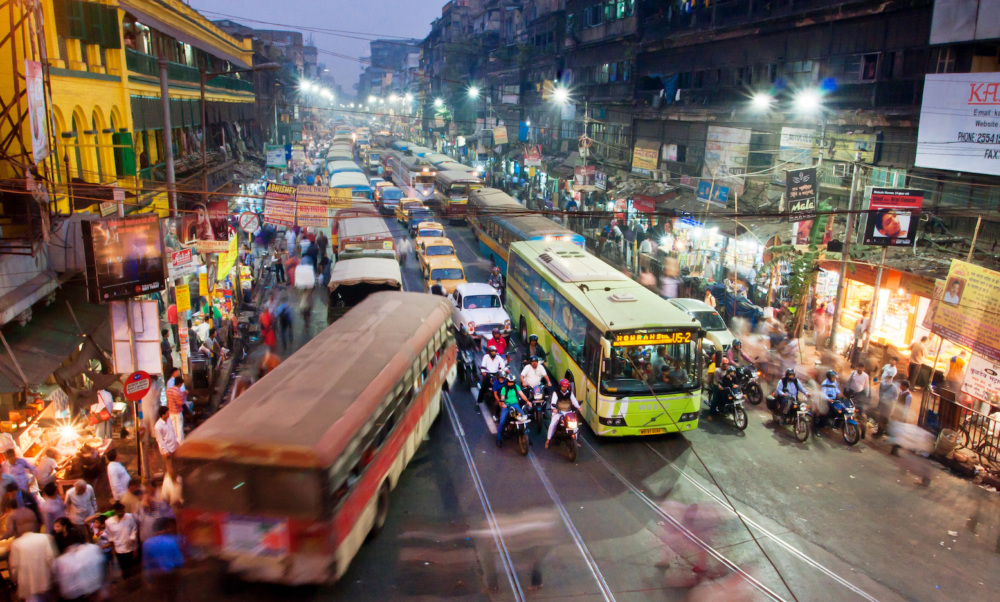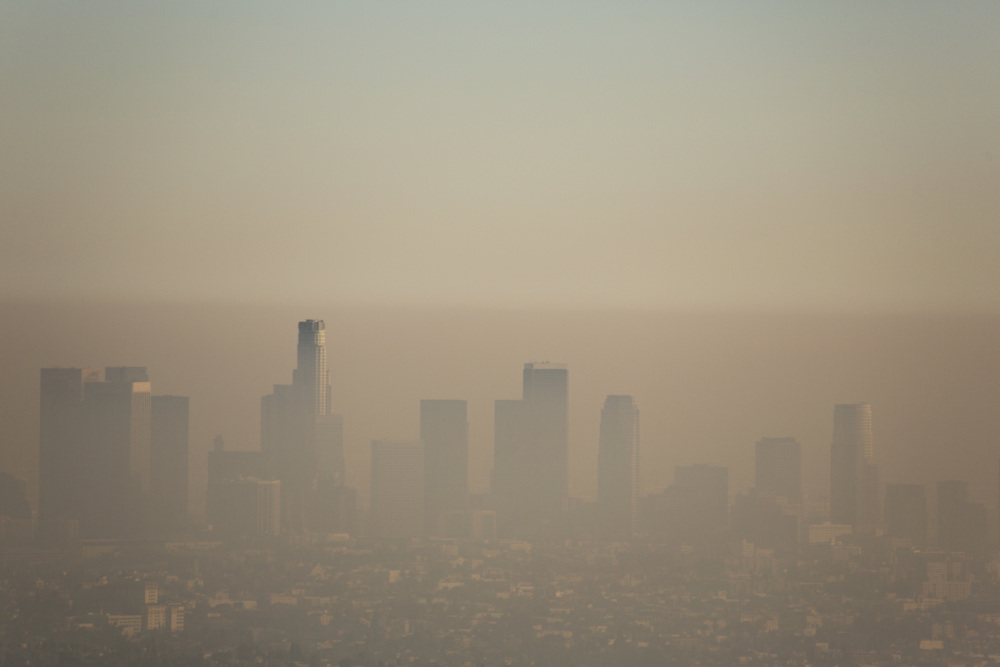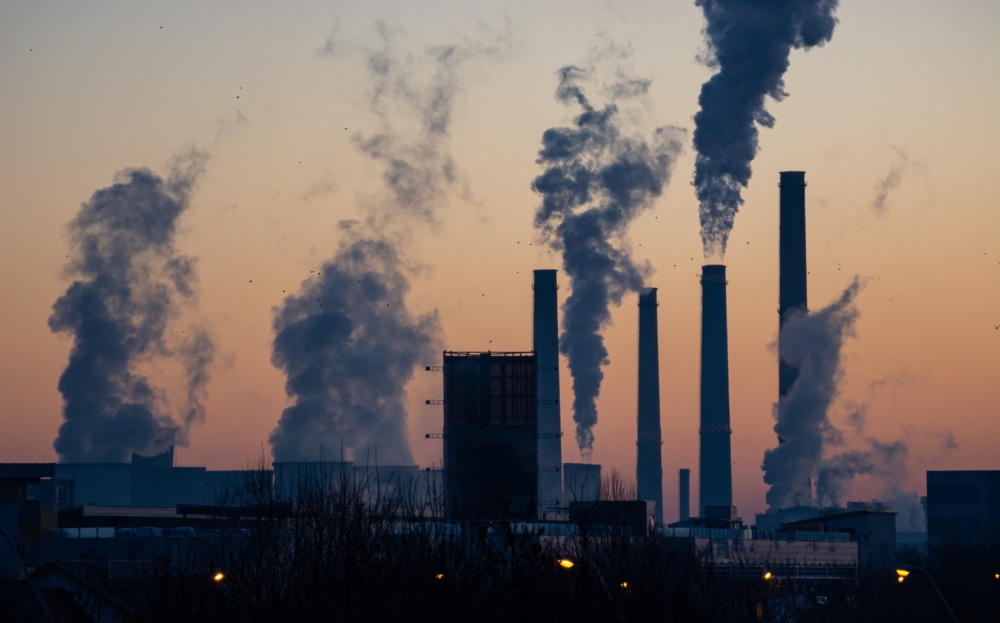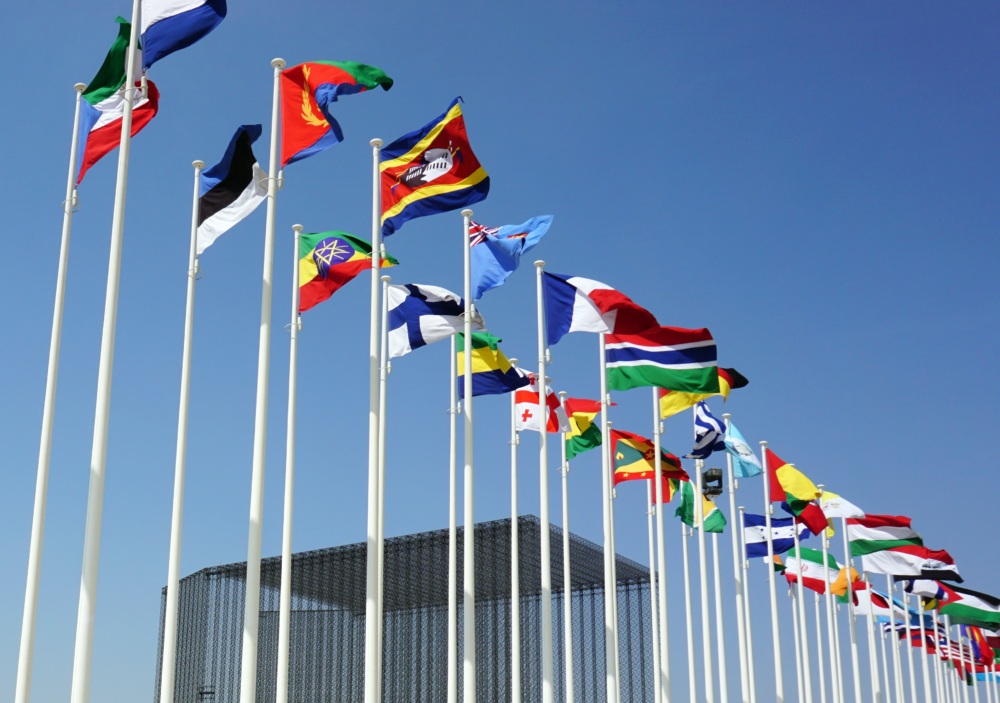Water and Energy Justice in the Favelas
Summary
CLASP assisted Catalytic Communities in a youth-run research project aimed at training low-income favela residents in the full arc of research, including how to use data to address compounding water and energy crises in Rio.
The Sustainable Favela Network (SFN), Favelas Unified Dashboard, and RioOnWatch are initiatives of the NGO Catalytic Communities (CatComm). The course “Researching and Monitoring Water and Energy Justice in the Favelas,” was carried out collaboratively by the following organizations: Roots in Movement, ICICT and EPSJV (Fiocruz), Climate and Society Institute, CLASP, LabJaca, DataLabe, and Casa Fluminense.
The millions of residents in low-income communities known as favelas are feeling the worst effects of the energy crisis in Brazil. Many government programs are ineffective due to structural inequality, gang-related violence, and general distrust of government by residents. As a result, there is often a mismatch between the community’s needs and municipal services. Catalytic Communities, a Rio-based NGO working to provide strategic support to favela organizers, led a research course to train favela youth to perform research and data collection that could be used for political advocacy. CLASP supported training on energy efficiency and its impacts on residents’ quality of life.
The research focused on the impact of minimal energy and water access for favela residents, highlighting the country’s unique relationship to hydroelectric power. Recent droughts — and floods — have led to a decrease in water quality and availability, subsequently affecting power availability and costs. Meanwhile, energy is needed to pump water to homes. Many people in the favelas struggle to choose between keeping the lights on and having enough to eat. Key findings from the report include:
- At least a fifth of interviewees suffer from blackouts at least once a month.
- 68.7% were not aware of Social Electricity Tariff (TSEE), a program aimed at subsidizing electricity costs for low-income households. Only 8% participated in the program.
- Energy as a cost disproportionally affects lower-income families — over 30% are considered to be in energy poverty.
These conditions are only worsening, as energy prices rise and utility companies are unresponsive to service requests. This collectively-produced report outlines recommendations for the government and utilities to improve responsiveness and keep the lights on.
This report precedes a more specialized “Energy Efficiency in the Favelas” report, which will be released 21 April, in advance of Earth Day 2023.


